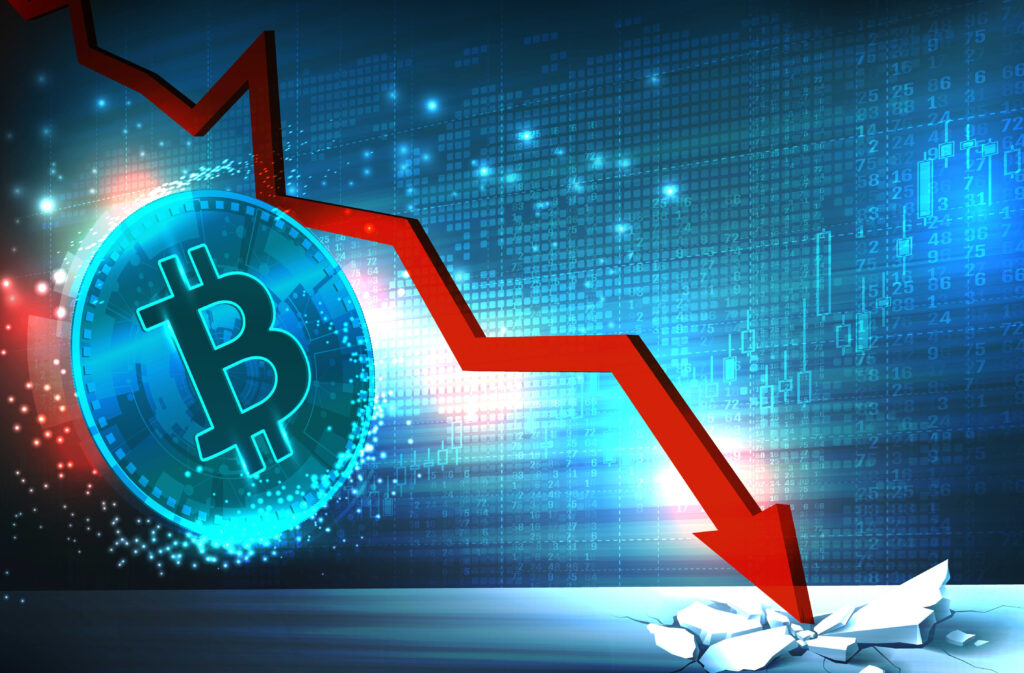Since the overnight collapse of the cryptocurrency exchange FTX, the nascent financial services sector has worked to increase transparency.
The cryptocurrency industry has been attempting to play the transparency game ever since the FTX cryptocurrency exchange unexpectedly filed for bankruptcy on November 11.
After being valued at $32 billion in February, the company collapsed within a short period of time in the face of significant customer withdrawals.
How is this possible, ask investors and regulators.
Since a few days ago, FTX’s competitors, most of whom are unregulated, have been attempting to play the transparency game in an effort to win over the public’s trust. This entails disseminating reports referred to as proof-of-reserves.
The objective is to demonstrate that, in the event that customers want their money back, for each client dollar and investor dollar held in cryptocurrency form, they have an equivalent dollar in reserve in another asset. FTX is accused of misusing customer assets, so the goal is to demonstrate that they do not.
Unsettling Audits
The reputed company Mazars Group, formerly Donald Trump’s accounting firm, audited the so-called proof-of-reserves reports that Binance and Crypto.com recently published.
Social media users made fun of Binance’s reports because they revealed that the company had carefully chosen the data to be included. The group had opted to publish the information that suited them rather than the transparency that the public expected.
Only a few days after the release of this audit, on December 16, Mazars declared that it had severed ties with all cryptocurrency companies.
Mazars paused its activity relating to the provision of proof of reserves reports for entities in the cryptocurrency sector due to concerns about how these reports are understood by the public, according to an email from the company.
The business asserted that its proof of reserves reports performed in accordance with reporting requirements pertinent to a reported on agreed-upon procedures.
They don’t represent an audit opinion or an assurance about the subject matter. Instead, they present constricted findings based on agreed-upon methods applied to the subject matter historically, the statement continued.
Crypto vs. CDS
That’s the issue, according to renowned investor Michael Burry. According to him, no audit released by Binance, FTX, or any other cryptocurrency company should be believed. He explains how the situation with cryptocurrencies is similar to the situation with credit default swaps: The risk associated with these products could not be accurately assessed by CDS auditors because they did not fully comprehend them.
According to Burry, this is the situation with the cryptocurrency market right now. Anything they have to say about it is therefore of little value. It’s useless, Burry declared.
When he began utilizing a novel type of credit default swap in 2005, their auditors were picking up new skills while working. That is undesirable. This also applies to FTX, Binance, etc.
The audit is essentially meaningless, he continued.
Burry did not provide any additional information, despite the fact that many individual investors on social networks take his frequently cryptic messages as gospel. His remarks deal a fresh blow to the cryptocurrency sector, whose reputation has completely declined since FTX’s bankruptcy. Sam Bankman-Fried, the company’s founder, stated that the FTX assets were “fine” four days prior to the bankruptcy.
Michael Burry became a household name as a result of the 2008 financial crisis, one of the biggest financial disasters in history.
As a result, he became one of the role models for flouting accepted wisdom in the financial industry. In the 2015 film “The Big Short,” an investor discovers that the industry has devolved into a sandcastle as a result of financiers and bankers creating exotic products based on mortgages given to financially vulnerable households and borrowers with bad credit. The investor knew nothing about finance or real estate.
Therefore, he made the decision to wager on the subprime mortgage market’s demise, giving rise to the term “Big Short.” History has proven him correct.









